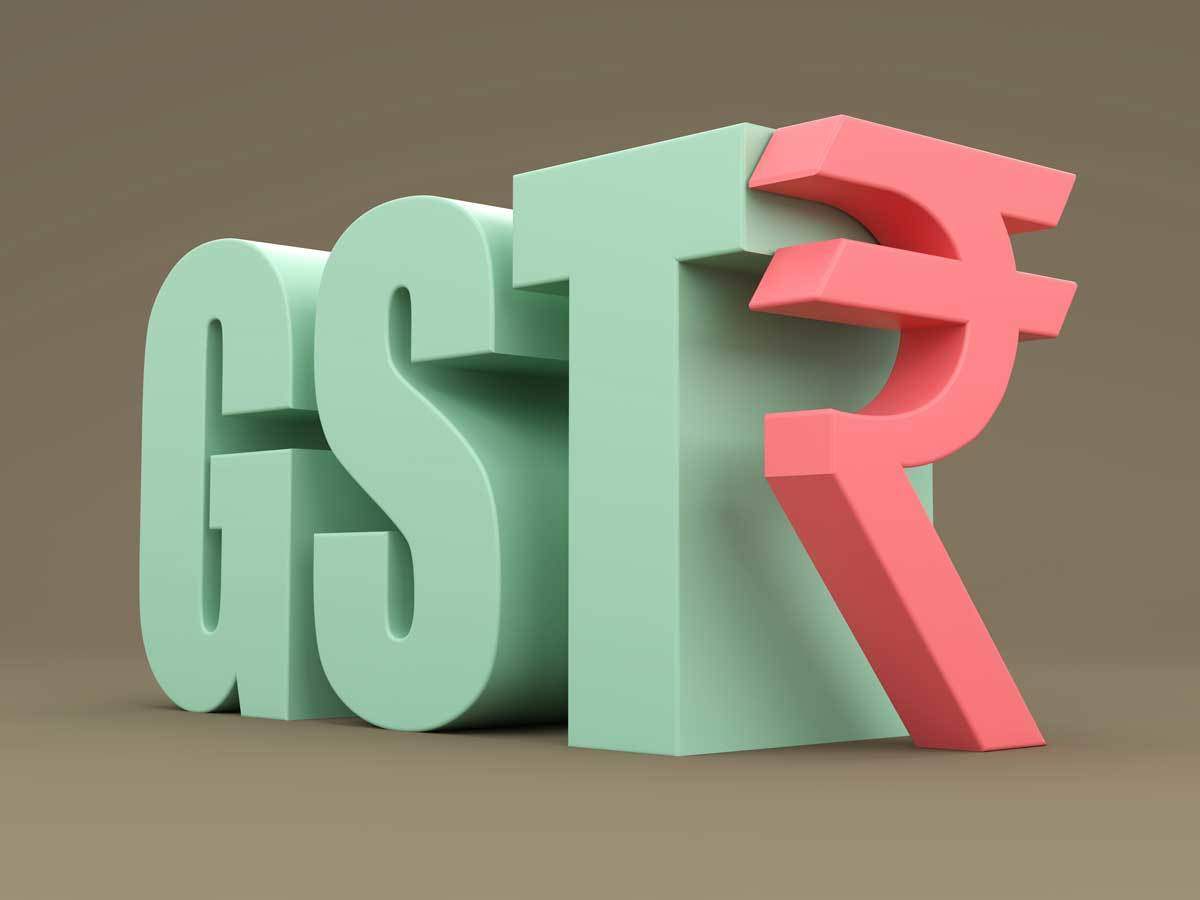The Goods and Services Tax (GST) compensation cess has been a pivotal component of India's taxation framework, designed to provide financial support to states during the transition to the GST regime. However, recent indications suggest that this cess might see an early end, potentially before the scheduled deadline of March 2026. Let's delve into the factors driving this development and its implications.
Understanding the Background
The introduction of GST in July 2017 promised states a 14% increase in their annual revenue for the initial five-year period. To mitigate any revenue shortfalls during this transition, the GST law mandated the imposition of a compensation cess on specific goods such as automobiles, liquor, and cigarettes. While states have already received ₹9.14 lakh crore in provisional compensation, the continuation of the cess aimed at repaying a COVID-19 loan of ₹2.69 lakh crore.
The Current Landscape
Robust GST collections have emerged as a game-changer, accelerating the possibility of an early cessation of the GST compensation cess. Post-COVID, GST revenues have displayed a consistent upward trajectory, averaging ₹1.67 lakh crore per month in the fiscal year 2023-24. This surge in collections has instilled confidence in the government's ability to repay the outstanding debt ahead of schedule.
Challenges and Considerations
Despite the optimistic outlook, certain challenges linger. The reconciliation of final compensation amounts with auditor general certificates remains pending in several states, potentially impeding the process. Furthermore, any decision regarding the extension or removal of the cess necessitates approval from the GST Council, requiring a three-fourth majority vote.
Implications for Stakeholders
The prospective conclusion of the GST compensation cess ahead of schedule carries significant implications for various stakeholders. While consumers stand to benefit from potential price reductions on select products, the government may explore alternative avenues to fund critical initiatives. This could involve levying higher duties on targeted items, aligning with broader fiscal objectives.
Conclusion
The anticipated early conclusion of the GST compensation cess underscores the dynamic nature of India's taxation landscape. As the government endeavors to navigate evolving economic conditions, stakeholders must remain adaptable and well-informed. Proactive measures and strategic decision-making will be essential in ensuring a seamless transition towards a sustainable fiscal framework. As the deadline approaches, vigilance and collaboration will be key in shaping the future trajectory of India's tax regime.


